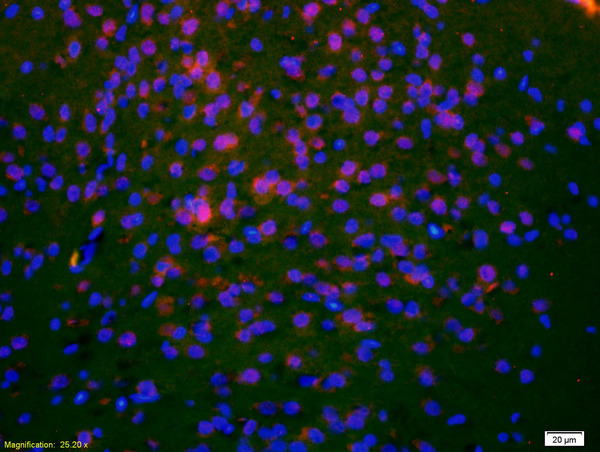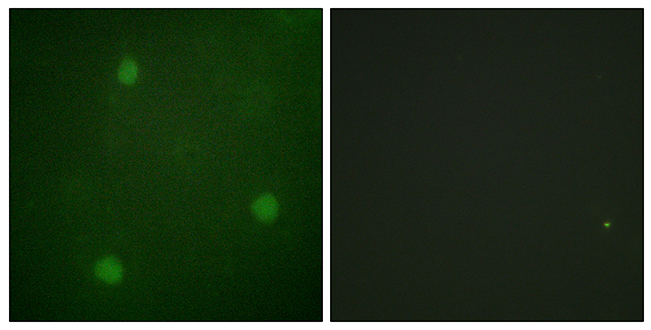DCLRE1C Antibody
CSB-PA857026ESR2HU
ApplicationsELISA
Product group Antibodies
ReactivityHuman
TargetDCLRE1C
Overview
- SupplierCusabio
- Product NameDCLRE1C Antibody
- Delivery Days Customer20
- ApplicationsELISA
- CertificationResearch Use Only
- ClonalityPolyclonal
- ConjugateUnconjugated
- Gene ID64421
- Target nameDCLRE1C
- Target descriptionDNA cross-link repair 1C
- Target synonymsA-SCID, DCLREC1C, RS-SCID, SCIDA, SNM1C, protein artemis, DNA cross-link repair 1C (PSO2 homolog, S. cerevisiae), SNM1 homolog C, SNM1-like protein, severe combined immunodeficiency, type a (Athabascan)
- HostRabbit
- IsotypeIgG
- Protein IDQ96SD1
- Protein NameProtein artemis
- Scientific DescriptionRequired for V(D)J recombination, the process by which exons encoding the antigen-binding domains of immunoglobulins and T-cell receptor proteins are assembled from individual V, (D), and J gene segments. V(D)J recombination is initiated by the lymphoid specific RAG endonuclease complex, which generates site specific DNA double strand breaks (DSBs). These DSBs present two types of DNA end structures: hairpin sealed coding ends and phosphorylated blunt signal ends. These ends are independently repaired by the non homologous end joining (NHEJ) pathway to form coding and signal joints respectively. This protein exhibits single-strand specific 5-3 exonuclease activity in isolation and acquires endonucleolytic activity on 5 and 3 hairpins and overhangs when in a complex with PRKDC. The latter activity is required specifically for the resolution of closed hairpins prior to the formation of the coding joint. May also be required for the repair of complex DSBs induced by ionizing radiation, which require substantial end-processing prior to religation by NHEJ.
- ReactivityHuman
- Storage Instruction-20°C or -80°C
- UNSPSC41116161





